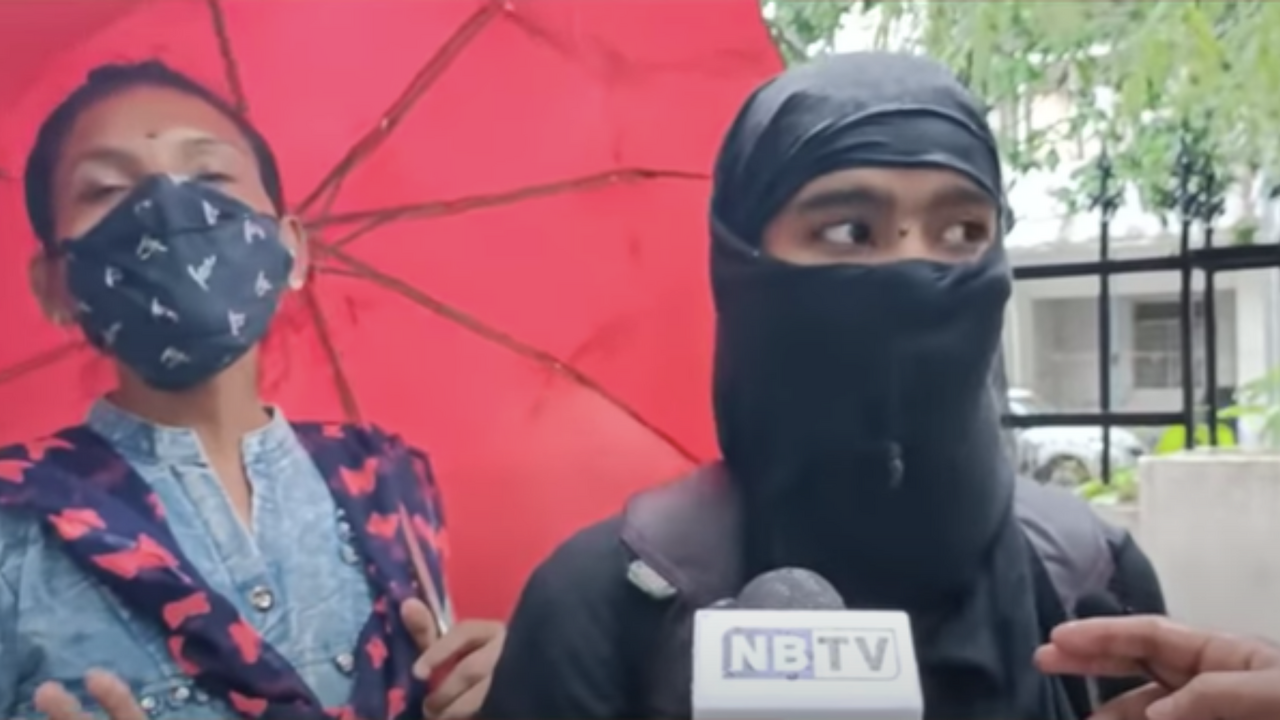The West Bengal Police Recruitment Board (WBPRB) has rejected more than 30,000 application forms submitted to appear in the examination for the recruitment of constables and lady constables, Clarion India reported. This was done due to various reasons including mistakes made while submitting the forms.
Among them, are the applications of over 1,000 Muslim girls, which were rejected because they were seen wearing headscarves or hijabs in the photos that they had attached with their forms.
WBPRB guidelines say that the faces of the applicants should not be covered in any way in the photos. The guidelines read: “Applicants are advised not to upload images of other objects in place of photograph and signature. The photograph with face/head covering, sunglass/tinted glasses covering the eyes will not be accepted. Photographs cropped from ‘groupies’ or ‘selfies’ shall also be disallowed during the scrutiny.”
The WBPRB is to conduct a preliminary exam in this regard on 26 September and had issued admit cards for the same on 6 September.
The West Bengal unit of Students Islamic Organisation of India (SIO) has written to WBPRB chairperson in connection with the rejection of application forms. SIO demanded that the candidates should be given appropriate time to re-upload or edit their forms. It maintained that it is Muslim women’s right to wear to hijab and this must not be treated as a reason for rejection of their forms.
Representatives from the Welfare Party of India, All India Majlis-e-Ittehadul Muslimeen, Social Democratic Party of India (SDPI), Popular Front of India (PFI), Fraternity Movement, Campus Front of India and All Bengal Minority Youth Federation have also written to the WBPRB.
“The probable reasons for head covering photographs seem to be the mandatory Quranic injunctions of hijab (head covering) for Muslim females in particular. The girls were just following the Islamic faith and cultural practices of the Muslim community,” the letter reads, adding that they believe that the scope of Indian democracy is wide enough to accommodate all religious faiths and beliefs.
In 2017, the Kerala High Court in the case of Fida Fathima vs Union of India ruled that appearing in an entrance examination while wearing a headscarf and dress in compliance with essential religious practices is a right protected by Article 25 of the Constitution of India.
As a result, the National Testing Agency, an apex body that conducts several exams including NEET, JEE, NET and others, had released guidelines allowing candidates to appear for exams wearing a headscarf, provided they reached an hour before reporting time to allow for proper screening.
Related
Rushda Fathima Khan is the Staff Reporter for The Cognate.












































